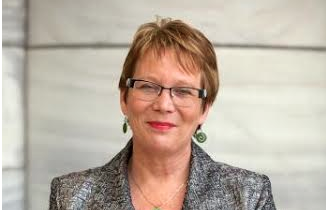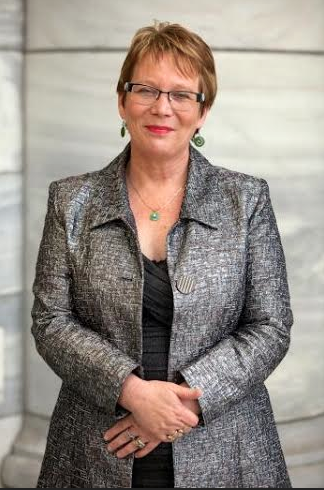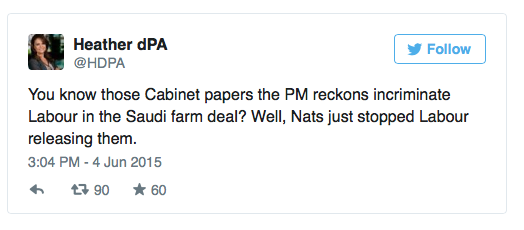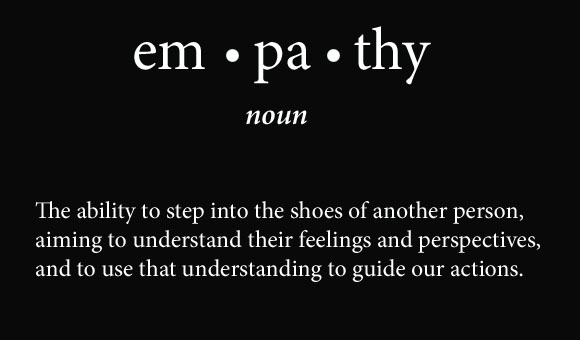Not so long ago, I was exceptionally dismayed to read a Herald article which stated something alarming. Apparently, only about half of New Zealanders (51.7%, to be exact) would feel comfortable having a neighbour who was mentally ill.
This disconcerting factoid is drawn from something called the General Social Survey – a biennial snapshot of our “social well-being” compiled from the perspectives of some eight thousand participants nationwide.
Nestled in amongst such banally obvious factoids as “unemployed less likely to have high self-rated well-being” and slightly more interesting kernels like “self-rated well-being levels off with higher income” is an excel spreadsheet containing thirteen data-tables. These sort the attitudes of New Zealanders by life-stage, age, sex, employment, qualification, household and personal income, what sort of house we live in, what sort of family we’re a part of, whether we’re a migrant, our ethnicity, and whereabouts in the country we live.
The bit i’m interested in, is the section under “Culture and Identity” covering “Acceptance of Diversity”. The questions asked included how comfortable we feel about a new neighbour who’s from a religious or ethnic minority, non-heterosexual or transgendered, a new migrant, or somebody who has a mental illness.
The stats themselves are quite interesting, with acceptance of the first four categories generally being about 75% across the population. There are some predictable exceptions to this, like the 75+ age demographic being markedly less tolerant of LGBT neighbours at 67.8%, compared to 75.1% for the general population; and the most well-educated New Zealanders tending by far and away to be the most tolerant of migrants, minority groups, and LGBT (all above 80%). And there are also some less-expected results, like Pasifika apparently tending to be markedly less accepting of other ethnic minorities (on 67.8% as compared to 74.8% for the general population) – or, given the stereotype of Christchurch as the home of Kyle Chapman’s black-shirted band of bungling white supremacists, the 78.2% tolerance for ethnic minorities in Canterbury.
But there was one row on every table which, no matter how you spliced it, kept coming up woefully – even scarily – short as compared to the figures for literally every other minority being talked about.
I’m talking about the one sixth of Kiwis who’re living with mental illness.
Now to be fair, that’s a fantastically broad and diverse group of people. It ranges all the way from high-functioning individuals whom you’d never know had a diagnosis unless you were their GP, all the way out to people who find themselves in need of being Sectioned under the Mental Health Act for the protection of themselves or others. And it covers disorders spanning from things most of us would probably have a certain degree of empathy with, like low-level depression or a Cantabrian suffering from post-Earthquake PTSD on up to words which we’re instinctively inclined to raise our hackles at like “Paranoid Schizophrenic”, “Chronic Hallucinatory Psychosis”, or (for some) “Borderline Personality Disorder”.
And when you ask people to imagine a hypothetical person with an unspecified “mental illness”, we tend almost invariably to conjure from our minds someone at the more noticeable – and therefore extreme – end of both spectrums.
The average person doesn’t think of someone whose illness is so eminently manageable as to hardly be noticeable as “ill”; and with the growing normalization out there in the population of conditions like depression, it wouldn’t surprise me in the slightest to discover that many New Zealanders may not even think of these things as being significant or divergent enough to count as illnesses at all. Certainly, recent developments in how people with Aspergers are now regarded by the mental health system (i.e. no longer viewing what used to be labelled as a “pervasive developmental disorder” as necessarily being an “impairment”, and instead merely a point of cognitive “difference”) seem to suggest this is becoming the case even amidst medical and mental health professionals.
But this “normalization” of the mental health issues at one end of the spectrum has been a bit of a double-edged sword, particularly for those of us who might have more severe disorders or impairments than the “sanitized” ones we’ve learned to be more tolerant of. On the one hand, it’s great that we’re more accepting, as a society, of people with depression or ADHD. But on the other, the lack of a relatable figure like John Kirwan to put a face to more serious illnesses means these are still very much stigmatized, and scary for many people.
What this means in practical terms, is that when thousands of survey respondents indicated that they’d be uncomfortable with a new neighbour that happened to have a mental illness … their minds fairly instantly glossed over John Kirwan, and went instead to the William Bells and Patrick Batemans of this world. And rather than realizing that they’d seized upon extreme-edge or even outright unrealistic fictional-archetype portrayals of the most severe ends of the mental illness spectrum, these stereotypes have been allowed to become insta-go-to representatives of what we think people with a serious mental illness are actually like.
And that’s fundamentally damaging. Not least because one of the factors which correlates strongly with mental wellbeing and stability for most people is a sense of connection to their community. Fear and loathing of the mentally unwell makes it far harder for some of those who can benefit most from interaction and engagement with their fellow man to actually do so.
Now this is not to diminish the fact that serious mental illness can be a disturbing, distressing, or even outright scary thing – and not least for the person suffering from it.
It can be. Particularly if you feel ignorant about what’s going on, or why.
But to my (admittedly biased) mind, however unsettling you might find the idea of someone with a serious mental illness existing in your proximity … the FAR scarier thought is that we presently live in a society so apparently inhumane that just under fifty percent of us theoretically have such a problem with just over fifteen percent of us, that they’d be reluctant to have us living in their communities and neighbourhoods.
One of the best ways of overcoming prejudice, is through engagement. And while I’m not for a second suggesting that ordinary New Zealanders are ableist or unconscionably discriminatory for being highly reluctant to house somebody like William Bell (or another dangerous personality plucked from the headlines) within their midst … it’s also worth reiterating that that isn’t actually whom we’re talking about when we discuss Kiwis living with mental illness.
For the most part, New Zealanders with mental health issues are nothing like the stereotypes. Whether due to their own efforts – or those of their support networks, medication or mental health professionals – the vast majority are outwardly indistinguishable from the rest of the population. Even those of us who occasionally find ourselves in the care of clinicians at the local hospital rather than our local GP are – most of the time – pretty normal people.
So for the 51.7% of you who wouldn’t be uncomfortable with a mentally ill neighbour, Ka Pai. There’s not usually anything to actually be uncomfortable *about*. Your community’s far more likely to be at risk from a neighbour who votes ACT.
But for the 48.3% of you who apparently *would* be uncomfortable accepting a Kiwi with a moderate or severe mental illness into your community … have a think about whom it is you’re actually excluding.
They aren’t dangerous criminals; or babling, deranged, lunatic-imbeciles. They’re people very much like the ones you already know and accept. They might even be among your co-workers, friends, or close family.
One of them, is me.





















